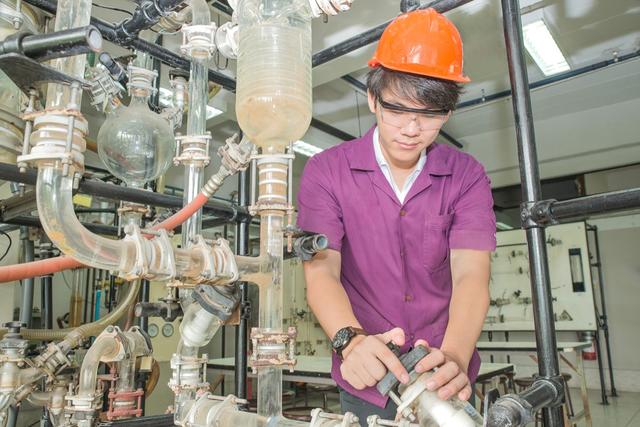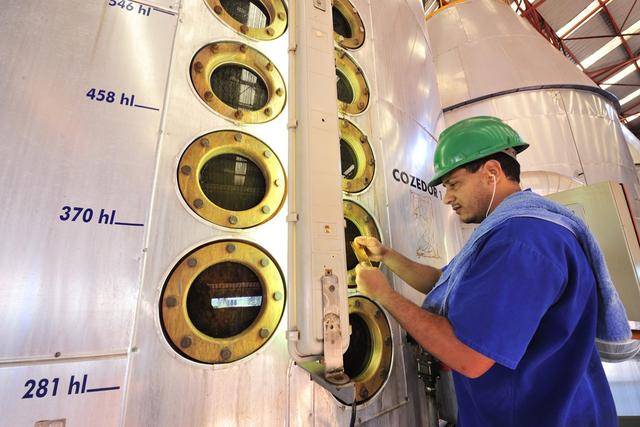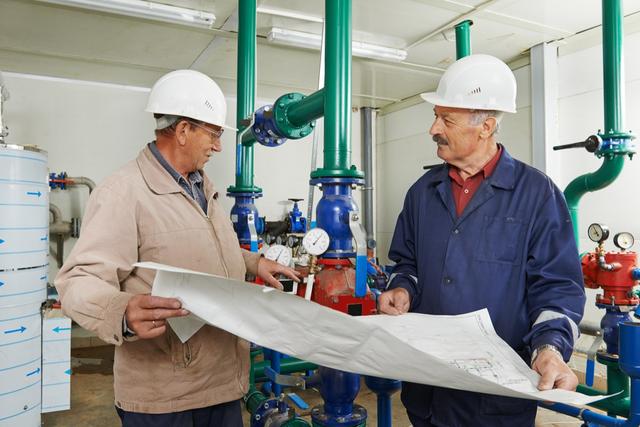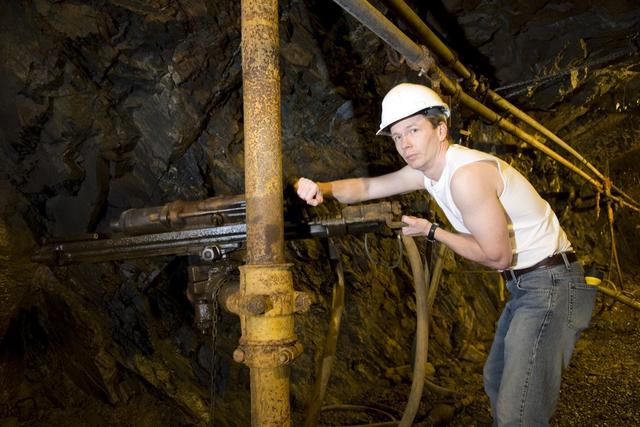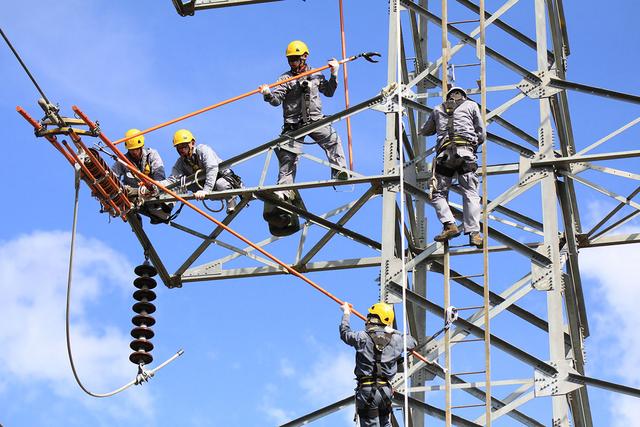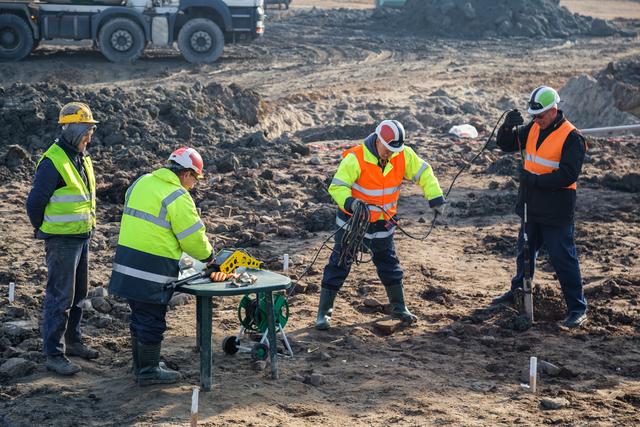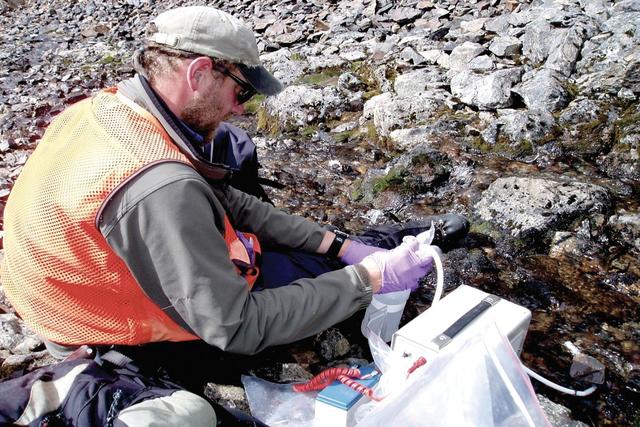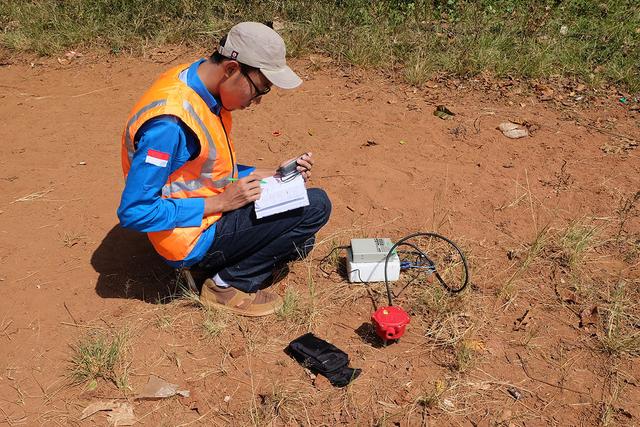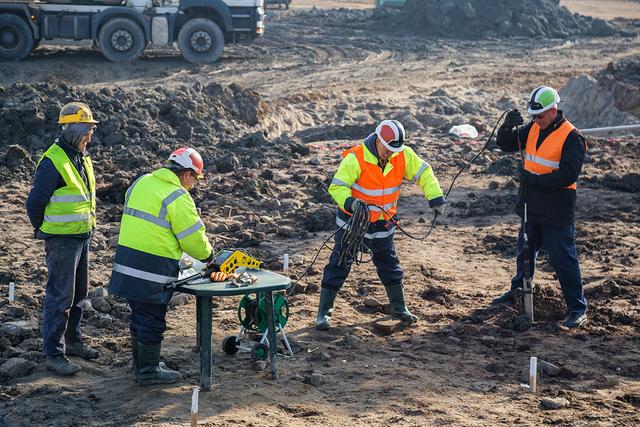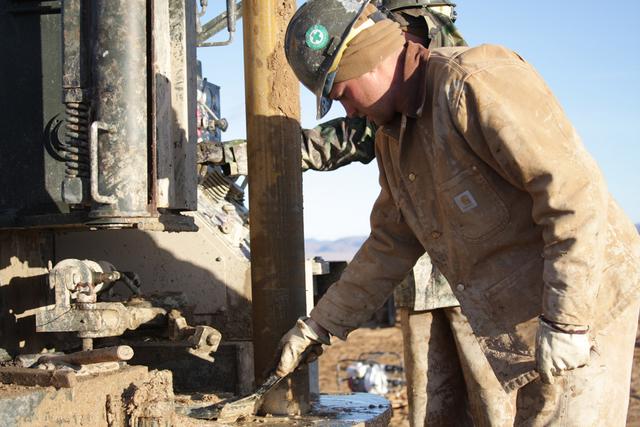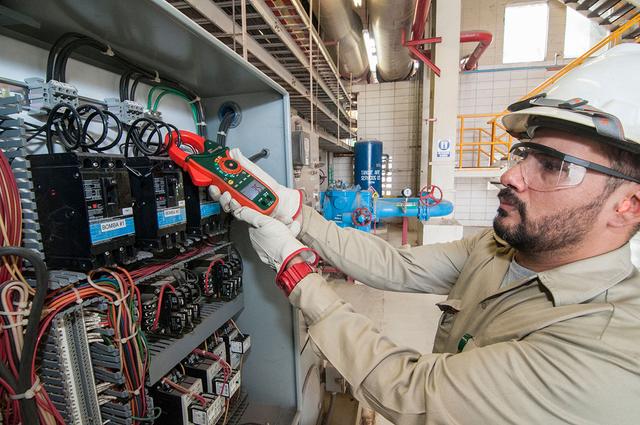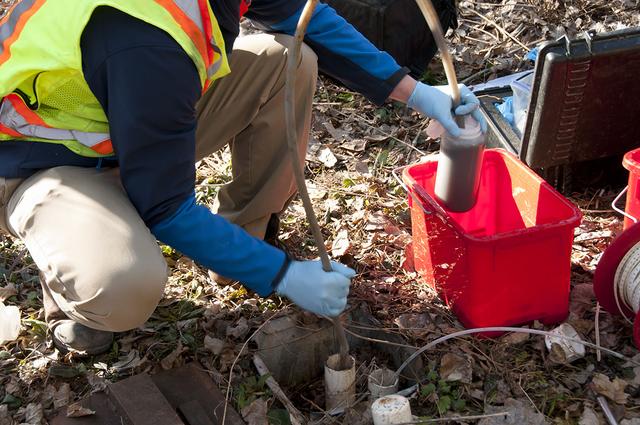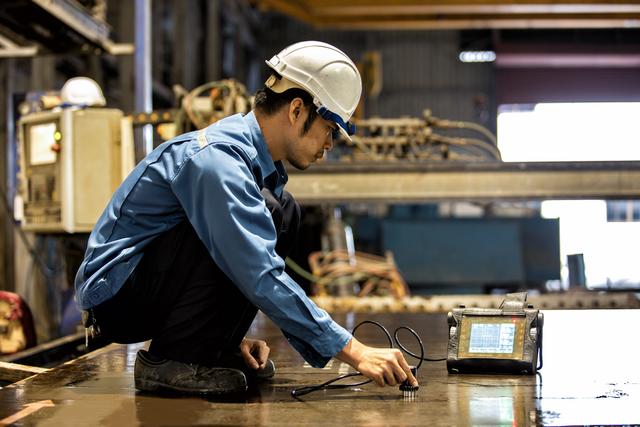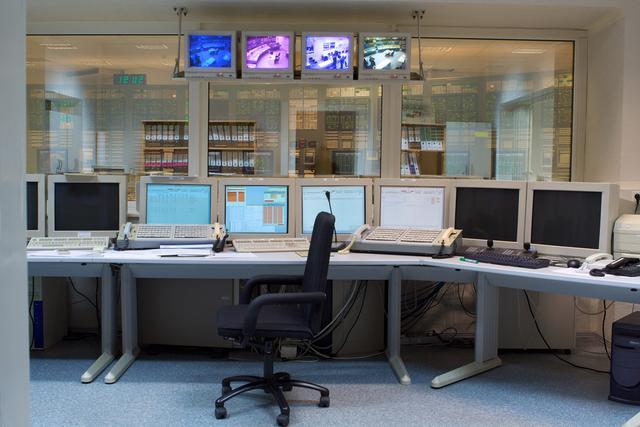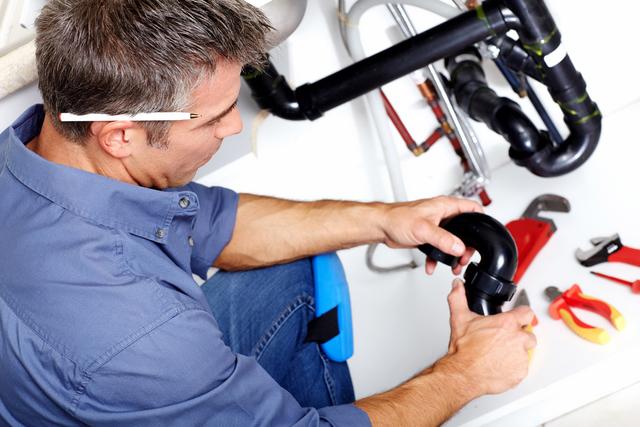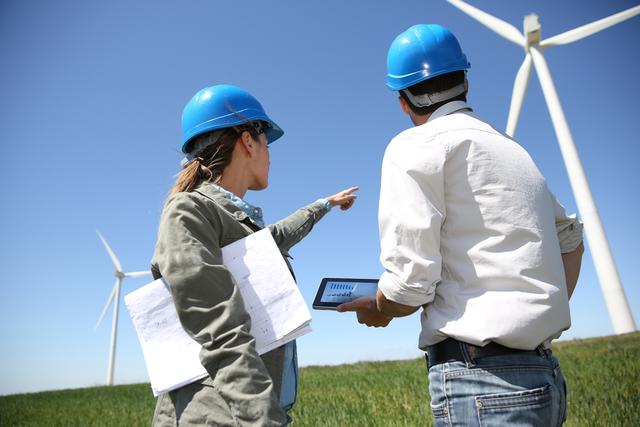Meter Readers, Utilities
Overview

Introduction
Meter readers check the level of gas, water, steam, and electricity consumption in homes and businesses by going from building to building and reading meters that measure how much energy has been used. They then record this amount in a route book or with an electronic, handheld device. Meter readers are also responsible for checking the meters and connection lines for damage or signs of tampering and for turning on and shutting off utility service. There are approximately 34,200 meter readers employed in the United States.
Quick Facts
Median Salary
Employment Prospects
Minimum Education Level
Experience
Skills
Personality Traits
Earnings
Salaries vary widely depending on the skill and experience of the worker and the geographic location of the utility company. In February 2020, Salary.com reported the median annual salary for meter readers was $48,214; salaries ranged from less than $38,562 to more than $62,201. According to the U.S. Department of Labor, meter readers earned a median annual salary of $40,360 in May 2018. Earnin...
Work Environment
Because meter readers deal with the public, they must have a neat appearance and a courteous, pleasant personality. Meter readers must be able to adapt to a variety of working conditions. They may have to read meters in dingy basements or in modern office buildings. They must be able to work outdoors in all types of weather and, when necessary, drive a truck in a variety of conditions. Although...
Outlook
A decline in employment is expected for meter readers through 2028, according to the U.S. Department of Labor. The increasing use of automated meter reading (AMR) systems that permit utility companies to take readings from a remote location have reduced demand for meter readers. AMR systems allow utility companies to save money by cutting down on the number of meter readers who must visit indiv...
